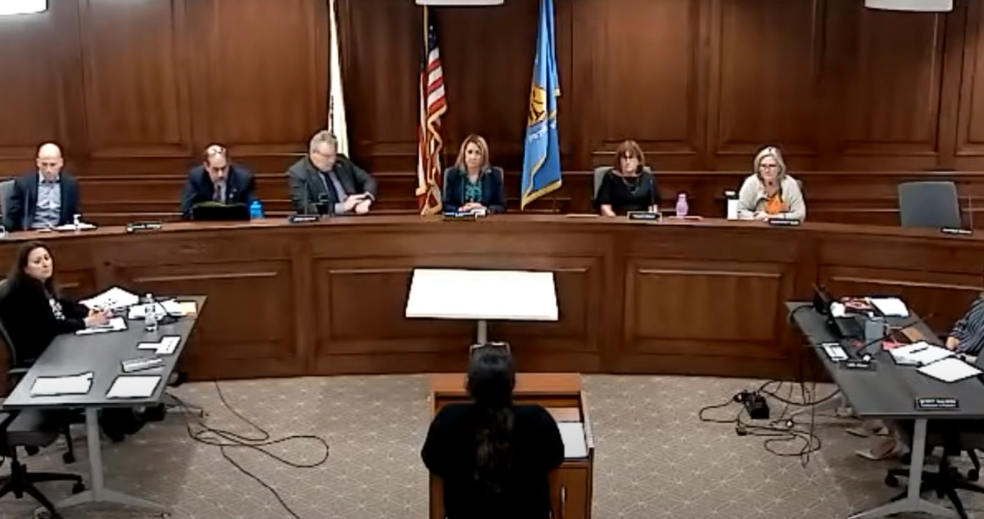In this clip BOE Representative Sai Akiri speaks to the council on her concerns.
We have to, again stress our very firm disagreement with the Township Attorney.
In New Jersey, a township can’t just wave a resolution.
N.J.S.A. 40A:12-5, says plainly that a municipality has to act “by ordinance”. The state Supreme Court affirmed this in Township of Millburn v. Pitt (1973), holding that the statute “specifically require[s] that municipal action take the form of an ordinance.”
A later case, Township of Hillsborough v. Robertson (1987), drove the same point home, striking down a lease attempt by mere resolution.
By contrast, school boards have their own rulebook. Under N.J.S.A. 18A:20-8.2, a Board of Education can approve certain leases by resolution. That carve-out exists because the Legislature wrote it directly into the education laws. But that exception belongs to boards of education only — not to townships.
A public school district is a governmental entity, not a private nonprofit, so it can’t be lumped into the “nonprofit use” exclusions.
In the past he speculated that, even if our position was correct, the court would feel that the Township and BOE -through additional steps- could proceed with the arrangement. This may or may not be true but this is not in evidence – the law and precedent is in black and white.
The issue of an ordinance is important because it affords the public specific rights in connection to hearings and the right to referendum.
Sai was yelled at by various individuals on the Township side.
Ms. Akiri was clear about what she wanted:
-For the Council to hold off on the vote
-Have the Recreation Commission go to a BOE Meeting and answer questions
It turned into Council Members and the Town Administrator asking “Do you want the field back?” – at times loudly.
Councilman Foster pointedly noted that Sai separates her role as a BOE member from her public comments. BOE members are generally held to stricter ethics standards. For example the Mayor, who some residents feel has previously blurred lines in connection to campaign literature would have likely faced an ethics violation if she did the same as a BOE Member. The issuance of a disclaimer by Ms. Akiri and other BOE members is standard practice and encouraged by ethical guidelines.
This behavior by the council – along with other behaviors towards residents with flood concerns – is later called out by residents who admonished the Mayor and Council for “disrespectful” behavior and ended with an apology from Councilwoman Poage.
After making a statement about the need to be civil, the Township Administrator excuses Ms. Poage for yelling at Ms. Akiri- citing Ms. Poage’s outburst was acceptable because of the lack of focus.
Here is the exchange between Sai Akiri and the Town Council.
Residents can determine on their own who remained focused and who lost control.
Read More About the Berkeley Heights Town Council
Our Commitment to Ethical Journalism
|



